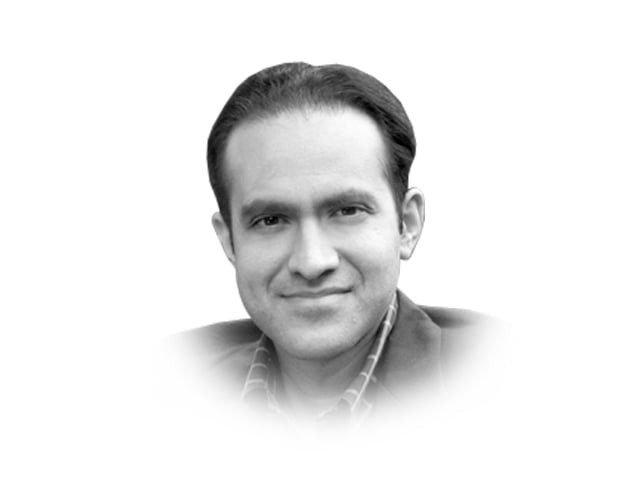America’s favoured Muslim
The United States might not always be morally right when it comes to Muslims, but it is also not always morally wrong.

Few Pakistanis are aware of the western African country of Cote d’Ivoire, even though it is actually of far more consequence to our citizens than even some of our neighbours. More than 1,000 Pakistani troops are currently based in this country as part of the United Nations peacekeeping force. Once a haven of stability and known for being the world’s largest cocoa producer, Cote d’Ivoire has been in a state of civil war for the past decade. There was a glimmer of hope earlier this month when an election was held but the result has been disputed between the two main rival political leaders. The incumbent President Laurent Gbagbo, a Christian, was officially defeated by Muslim leader Alassane Ouattara. The election commission confirmed the result and the United States endorsed the outcome.
However, Mr Gbagbo has refused to relinquish power and got a court to rule in his favour. The impasse spells trouble for the country and the United States has intervened to prevent a return to civil war. The clear choice that America has made in favouring a Muslim leader over an incumbent Christian should counter the negative assumptions which are made about inherent American bias against Islam.
The obituaries remembering Richard Holbrooke also highlight an important recent episode in US history when Muslims were clearly favoured over other faiths in a conflict — the Bosnian war. The intervention was late and more lives could have been saved but there is little doubt that the US bombing of Serbia prevented further genocide of Muslims. The United States might not always be morally right when it comes to Muslims, but it is also not always morally wrong.
So one may ask: why and when does the US favour certain Muslim leaders and their communities? Clearly, in the case of Bosnia, the atrocities being committed by Serb nationalists threatened Europe and so action was demanded with immediacy. Unfortunately, the same strategic interests are not being perceived in the context of other Muslim conflicts such as in Kashmir or Chechnya. However, the United States is beginning to realise that the lack of resolution of such conflicts is the easiest recruiting tool for al Qaeda. This shift in worldview was exemplified by the bold admission of General Petraeus earlier this year when he said that Israel’s actions are directly impeding American efforts at building bridges with Muslim countries. Much still remains to be done regarding American bias in the Arab-Israeli conflict.
An interesting dimension of America’s support for a well-educated Muslim leader in Cote d’Ivoire (Mr Ouattara has a doctorate in economics from the University of Pennsylvania), is also how his adversary is being treated. Instead of demonising Mr Gbagbo, the Americans offered an olive branch to him. President Obama has personally invited Mr Gbagbo to the United States for conversations about other opportunities for him if he accepts defeat. One may wonder if the same level of hospitality would be offered to an intransigent Muslim leader. The situation in Cote d’Ivoire remains precarious as Mr Gbagbo has asked UN peacekeepers to leave the country and declined Mr Obama’s offer. How far the US will go to support Dr Ouattara as a moderate Muslim leader remains to be seen. Yet, this episode should give Pakistani commentators some pause about blindly assuming that the US is against Muslim democratic leaders.
Published in The Express Tribune, December 21st, 2010.














COMMENTS
Comments are moderated and generally will be posted if they are on-topic and not abusive.
For more information, please see our Comments FAQ